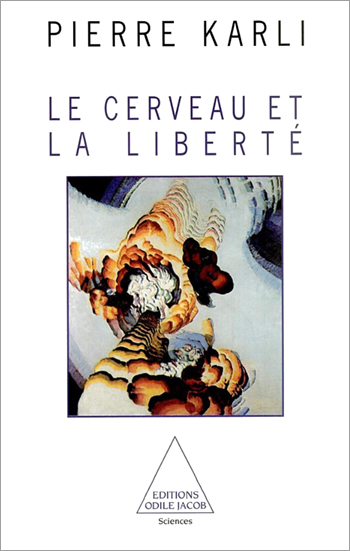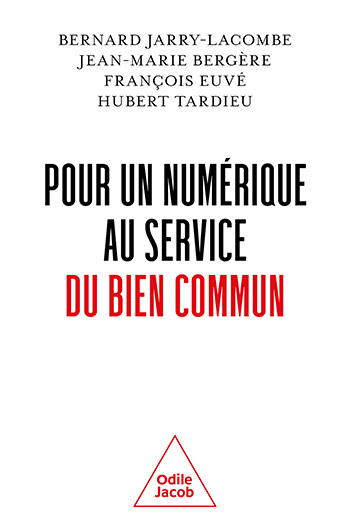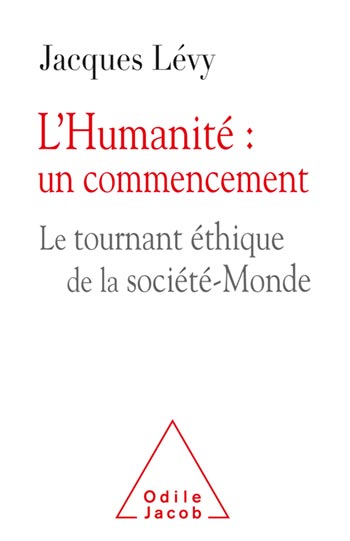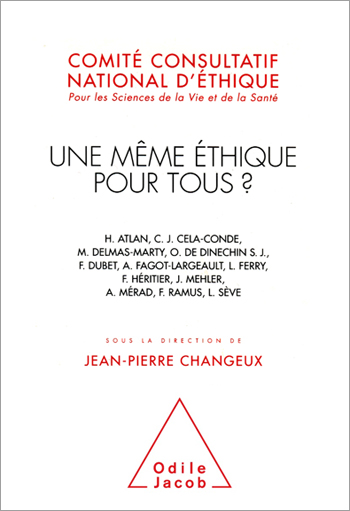Results for the keyword ethics

Rita Levi Montalcini
Against All the Odds
What do Primo Levi, the author of one of the most powerful accounts of life in a Nazi death camp, and Max Delbrück, one of the founding fathers of molecular biology, have in common? The answer is that they--as well as the others described in this book--were able to face the trials and tribulations of their lives with exceptional courage, and without losing their sense of humanity. Through a series of portraits, drawn with great warmth and restraint, Rita Levi Montalcini recounts the course of several exemplary lives. Rita Levi Montalcini taught neurobiology at Washington University for thirty years.

Caroline Rebstock
Amber Is Informed
Amber Materson, a young woman in her thirties, learns from a journalist that she is endowed with unique scientific properties: her blood contains stem cells still at the embryonic stage...

Jean-Philippe Wolf
Assisted Reproductive Technology: What Are the Limits? Donor Anonymity, Same-Sex Parenting, Surrogacy
An eminent biologist discusses the diversity of infertility cases, existing medical responses, current hopes — and the controversies surrounding Assisted Reproductive Technology (ART)

Manès Sperber
Being Jewish
A non-practicing Jew, Manès Sperber learned to read the Bible at the age of three and continued to re-read it until the end of his life. Neither religious, nor a militant Zionist, nor an aethiest, nor aligned with any cultural Judaism, he professes as his only faith a "religion of good memory." His is a Judaism lived as humanism and as an ethic, as a refusal of all idolatry, of exclusion of others, and a constant combat against hate of any kind. It is a profound attachment to the Israelite nation and a prudent attitude towards the State of Israel that Sperber illustrates in these brilliant essays prefaced by Elie Weisel, where analysis of Jewish thought and identity walk hand in hand with the eternal question: Why anti-semitism?

Pierre Karli
The Brain and Freedom
What is the relationship of man with the world, the others, with himself? To this perpetual question, many answers have been given by the various, religious or philosophical systems of thought. Pierre Karli, a neurophysiologist, proposes to look in the direction of science. He shows, by synthesizing the most advanced scientific works, how individual freedom finds its roots at the very heart of the brain.

Bernard Jarry-Lacombe, Jean-Marie Bergère, François Euvé, Hubert Tardieu
The Digital Serving the Common Good
Beyond the technology alone, this book aims to question the ethical, societal and ultimately anthropological ramifications of the new tools of modernity...

Jacques Lévy
The Ethical Turning Point and the World Society
Serious, provocative, and sardonic all at the same time, this book denounces religions of all persuasions and invites everyone to assume responsibility.

